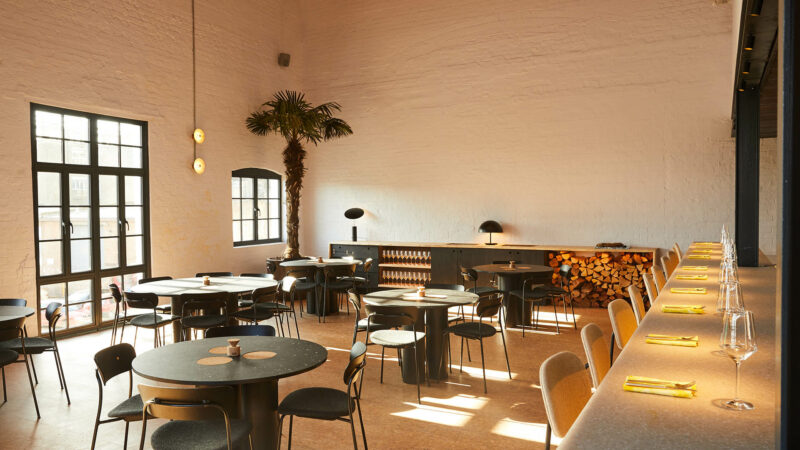
As technology reshapes hospitality from back-office operations to the guest experience, Amadeus is investing in the connective tissue that makes it all work: CRS platforms, personalization engines, and service tools for both luxury chains and mid-market operators.
During a conversation at HITEC 2025, Amadeus leaders Jill Boegel, SVP of Commercial, North America and Joe Spirito, VP of Innovation and Partnerships, outlined how the company is advancing its product roadmap—and where they see hospitality tech headed next.
Rebuilding the Tech Stack for Flexibility and Scale
Across the hotel industry, there’s a growing recognition that legacy systems—especially in reservations and distribution—are holding operators back from adapting to modern guest expectations. Hospitality tech leaders are now shifting toward more modular, API-driven platforms that can evolve with their businesses, whether they run a single boutique hotel or manage thousands of rooms across multiple brands.
This shift is particularly evident in the central reservations space, where systems are being reimagined not just to manage inventory and bookings, but to serve as the hub for personalization, channel management, and guest engagement. Companies like Amadeus are investing heavily in making their CRS platforms more flexible and interoperable—not only to serve large brands, but to give mid-market operators access to enterprise-grade tools.
“We’re building every new component—from channel managers to booking engines—to work across all of our platforms,” Boegel explained. “It’s about helping properties of all sizes modernize, without needing to rip and replace their entire tech stack.”
The goal is to create a more unified but flexible ecosystem that allows hotels to innovate at their own pace, plug in third-party tools where needed, and scale without system limitations. It’s a strategy echoed by other hospitality tech providers as they work to keep pace with rising guest expectations, growing channel complexity, and the need for faster operational decision-making.
AI That Supports, Not Distracts
Like many tech firms in the hospitality space, Amadeus is actively exploring generative AI. But rather than chasing headlines, its focus is practical.
“There’s a lot of noise around AI, but what [hoteliers] are looking for is a partner that can actually help them with the process—make them more efficient, help drive demand, help them hit their goals,” said Spirito, a former hotelier himself. “We’re thinking about that across our product portfolio.”
That includes embedding AI into demand forecasting, booking flows, and customer service—not just experimenting with chatbots or surface-level personalization. The company’s data-backed approach is grounded in long-time tools like Demand360, which continue to be essential to hotel revenue leaders.
“I had a revenue director tell me, ‘I don’t know how we’d exist without Demand360,’” Boegel recalled. “That made me laugh—because as a recovering revenue director myself, I remember throwing darts based on gut instinct. This tech has come a long way.”
The Holy Grail: True 1:1 Guest Personalization
When asked about the future of guest experience, Amadeus execs lit up over the potential of real-time personalization. Spirito pointed to the long-standing hospitality goal of offering a 1:1 experience—something that modern data tools are finally making possible.
“The journey I go on for business is very different from the journey I take with my wife,” he said. “If I’m traveling for leisure, I want different upgrades, different offers. That’s where technology can help truly enrich the guest journey.”
For Boegel, this could even extend to biometric-enabled room access or geo-personalized experiences, citing cruise lines that are already using wearable tech for location-based service.
Bridging the Data Gap—Cautiously
While hyper-personalization remains a north star for many hotel brands, turning that vision into reality requires more than just guest data—it takes smart integration, user-friendly systems, and tools that work within the operational flow of a hotel.
For Amadeus and other tech providers, the goal isn’t to chase flashy trends, but to develop platforms that actually help staff make better decisions, deliver better service, and improve business outcomes. “That’s what excites me,” Spirito said. “We’re building tools I would’ve loved when I worked in hotels—tools that help hotels actually use the amazing technology available to them.”
For now, the focus is on building blocks that enable practical personalization: richer guest profiles, smarter reservation data, and systems that actually talk to each other. While long-term visions of more seamless, data-driven travel exist, today’s innovation efforts are grounded in what hotels can implement effectively right now.







